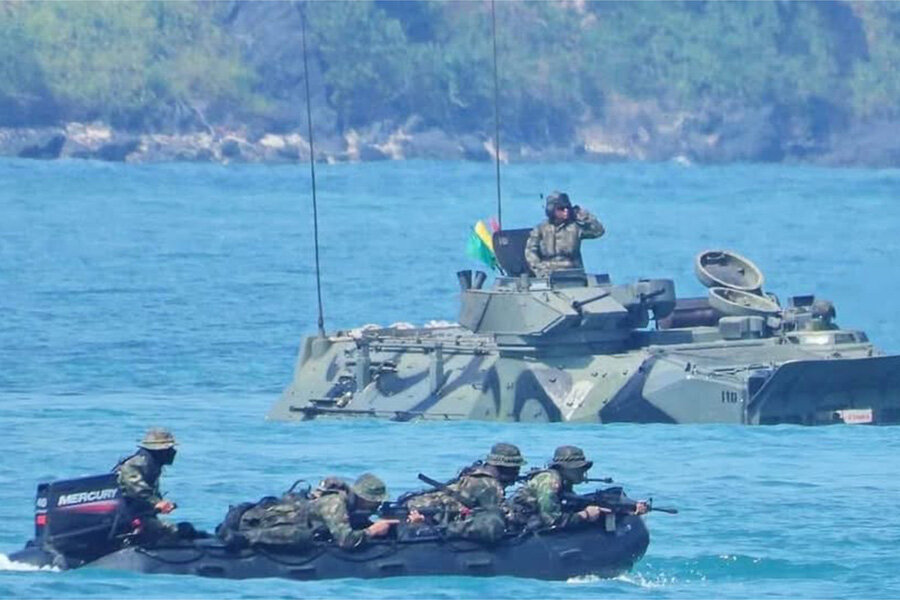read also
Thailand’s Coastal Resorts Under Threat Amid Rising Tensions with Cambodia

Photo: Bangkok Post
Armed conflict between Thailand and Cambodia has moved dangerously close to the country’s coastal areas. According to DW, the provinces of Trat and Chanthaburi, near popular tourist zones, are of particular concern, raising the risk of damage to Thailand’s tourism infrastructure.
On the evening of July 25, fighting on the border shifted to the southern coastal provinces of Trat and Chanthaburi, just 150 km from Pattaya and around 200 km from Bangkok. Martial law has already been declared in several districts. According to Bangkok Post, on July 26 Cambodian forces attempted to breach the Thai border in Trat but were repelled by the Royal Thai Navy.
The confirmed death toll already exceeds the figures from the last major conflict in 2011. Cambodia reports 13 dead and 70 wounded, including around 50 civilians. Thailand has confirmed 14 fatalities—13 civilians—and more than 60 injuries.
AP News points to a disputed 1907 map from the French colonial era as the root of the tensions. Cambodia recognizes the document as legally binding, while Thailand claims it contains errors. The ancient Preah Vihear temple area remains the focal point of clashes. Despite International Court of Justice rulings in 1962, 2011, and 2013 in Cambodia’s favor, Thailand refuses to recognize the decisions.
Other unresolved issues remain, such as maritime boundary disputes in the Gulf of Thailand, rich in oil, gas, and fishing resources. These may be economically more significant, but the main flashpoint continues to be territorial claims around the temple.
The immediate cause of the current escalation was a May skirmish that left a Cambodian soldier dead. According to Reuters, this has led to the most serious confrontation in over a decade. Nearly 130,000 people have been evacuated from Thai border regions, and another 12,000 families relocated in Cambodia.
The conflict is also exacerbating internal political tensions in Thailand. In June, leaked audio of Prime Minister Paetongtarn Shinawatra calling Cambodian Senate leader Hun Sen “uncle” and referencing her influence over the military caused a political storm. Nationalist backlash led to the withdrawal of the Bhumjaithai Party from the ruling coalition, and Thailand’s Constitutional Court suspended the PM. Deputy Interior Minister Phumtham Wechayachai is now acting head of government.
Heavy weapons are being used, and both governments blame each other for provocations. U.S. President Donald Trump announced on Saturday that both sides have agreed to meet for ceasefire talks. However, for now, Thailand has abruptly shifted from being a tropical paradise to a conflict zone.








